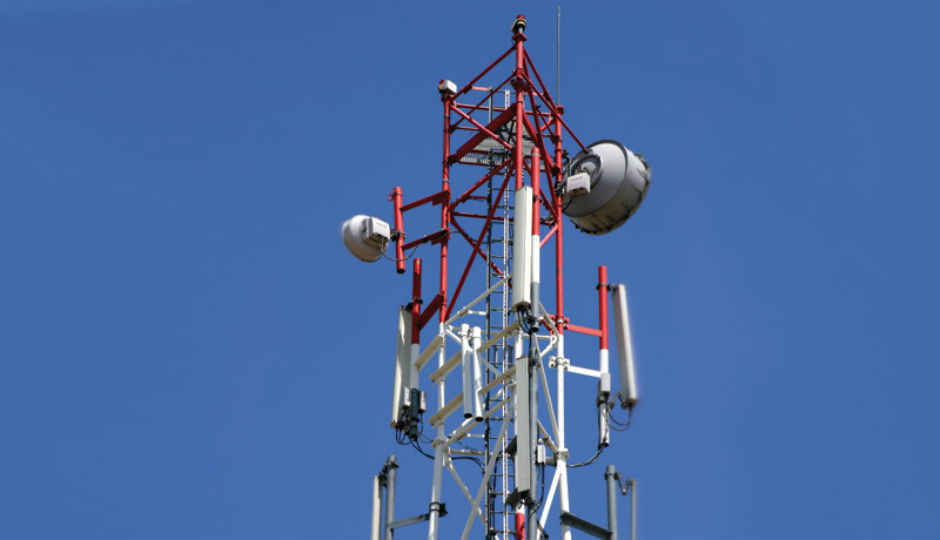The guidelines will allow operators to transfer usage rights of the spectrum to other companies, thereby making a profit while improving overall service quality.

Following TRAI’s recommendations, the Department of Telecommunications (DoT) on Tuesday laid out the spectrum trading guidelines. It will allow telecom service providers to trade unutilised spectrum frequencies among themselves, improving the quality of service.
The paper said, “The spectrum trading leads to greater competition, provides incentives for innovation, better/new services being available to consumers at cheaper tariffs, better choice to consumer, etc.” The guidelines state that an operator can transfer the right to use the spectrum to the buyer, but cannot be leased out. Spectrum trading has been restricted on a pan-License Service Area in the 800MHz, 900MHz, 1800MHz, 2100MHz, 2300MHz, and 2500 MHz bands. However, only the spectrum that has been bought through auction from 2010 onwards, or for which the market price has been paid can be traded between TSPs. All the dues have to be cleared by the seller before trading the spectrum. Any further liabilities or dues pertaining to the traded spectra will be the responsibility of the buyer. The guidelines further said that operators will be allowed to trade the spectrum only after two years of acquiring it.
 Survey
SurveyThe DoT has, however, decided to levy a transfer fee on any such trades, despite objections from TSPs. It shall be 1% of the entire transaction amount or 1% of the spectrum’s market price, whichever is higher. It has further notified that in case an operator sells part of a spectrum that has been bought on a deferred payment scheme, both the buyer and seller will be liable to pay the remaining installments. The paper also clarified, “Frequency swapping/reconfiguration from within the assignments made to the licensees shall not be treated as trading of spectrum.”
Chairman of the Telecom Commission, Rakesh Garg had last month said that the government was in the process of issuing formal guidelines related to sharing as well as trading of spectrum between service providers. Spectrum sharing had been approved by the government in August. Telcos have been demanding a spectrum trading policy to better utilise the excess bandwidth available to operators to tackle the call drops issue and improve the overall service quality.